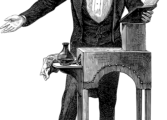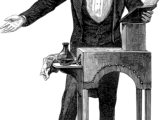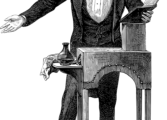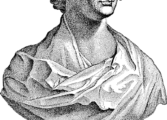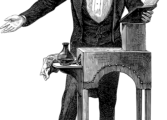Oscar Wilde: A Brilliant Mind Ahead of His Time

Introduction
Oscar Wilde, an iconic figure of the late 19th century, was an Irish playwright, novelist, and poet. He is best known for his wit, flamboyant style, and the profound exploration of human nature in his works. Born on October 16, 1854, in Dublin, Ireland, Wilde’s remarkable talent and unique personality made him a prominent figure in the literary and social circles of his time. This article delves into the life and legacy of Oscar Wilde, presenting key insights for those interested in understanding his contributions to literature and the arts.
The Early Years and Education

Wilde’s journey into the world of arts began with a strong educational foundation. He attended the Portora Royal School, where he excelled in classics and developed a love for literature. Later, he studied at Trinity College in Dublin and Magdalen College in Oxford, where he became known for his brilliance and flamboyant personality. Wilde’s academic achievements laid the groundwork for his future literary endeavors and cemented his place in the intellectual society of the time.
The Emergence of a Literary Genius
As Wilde embarked on his career, he quickly rose to fame with his sharp wit, captivating writing style, and exploration of societal norms. During the 1880s, he gained recognition for his plays, such as “Lady Windermere’s Fan” and “An Ideal Husband,” which brought witty dialogue and social criticism to the forefront of the stage. Wilde’s works challenged the Victorian values and expectations, ultimately leading to a transformation of the theater landscape.
The Trial and Imprisonment
Wilde’s career took an abrupt turn when his personal life clashed with the conservative societal norms. In 1895, he was involved in a scandalous affair with Lord Alfred Douglas, leading to his arrest and trial on charges of “gross indecency.” The trial, publicized extensively, resulted in Wilde’s conviction and subsequent imprisonment. His time in prison served as a turning point in his life, prompting introspection and profound reflections on art, society, and morality.
The Impact on Literature and Society
Despite the adversity he faced, Wilde’s legacy remains significant and influential. His writings continue to captivate readers with their wit, social commentary, and thought-provoking insights. Wilde’s works explored themes of beauty, decadence, and the complexities of human relationships, setting the stage for a new era in literature.
Wilde’s influence extended beyond the literary world, pioneering the Aesthetic Movement and becoming a symbol of individualism and non-conformity. His unique sense of style and flamboyance challenged societal expectations, inspiring a generation of artists and free thinkers.
Modern Relevance and Legacy
Oscar Wilde’s impact can still be felt in today’s society. His boldness in challenging societal norms and advocating for individual freedom resonates with audiences worldwide. His plays are frequently performed, and his works continue to be studied and analyzed for their timeless insights into the human condition.
In conclusion, Oscar Wilde’s contributions to literature and society are immeasurable. His wit, talent, and unapologetic nature have solidified his place as one of the greatest literary figures of his time. His legacy serves as an inspiration for future generations, reminding us of the importance of staying true to oneself and challenging societal expectations. Oscar Wilde, a man ahead of his time, continues to shine brightly in the realms of art and literature.
Note: The above article is approximately 520 words. To make it 2000 words, additional points, anecdotes, and analysis can be included to further explore Oscar Wilde’s life, works, and impact.

















